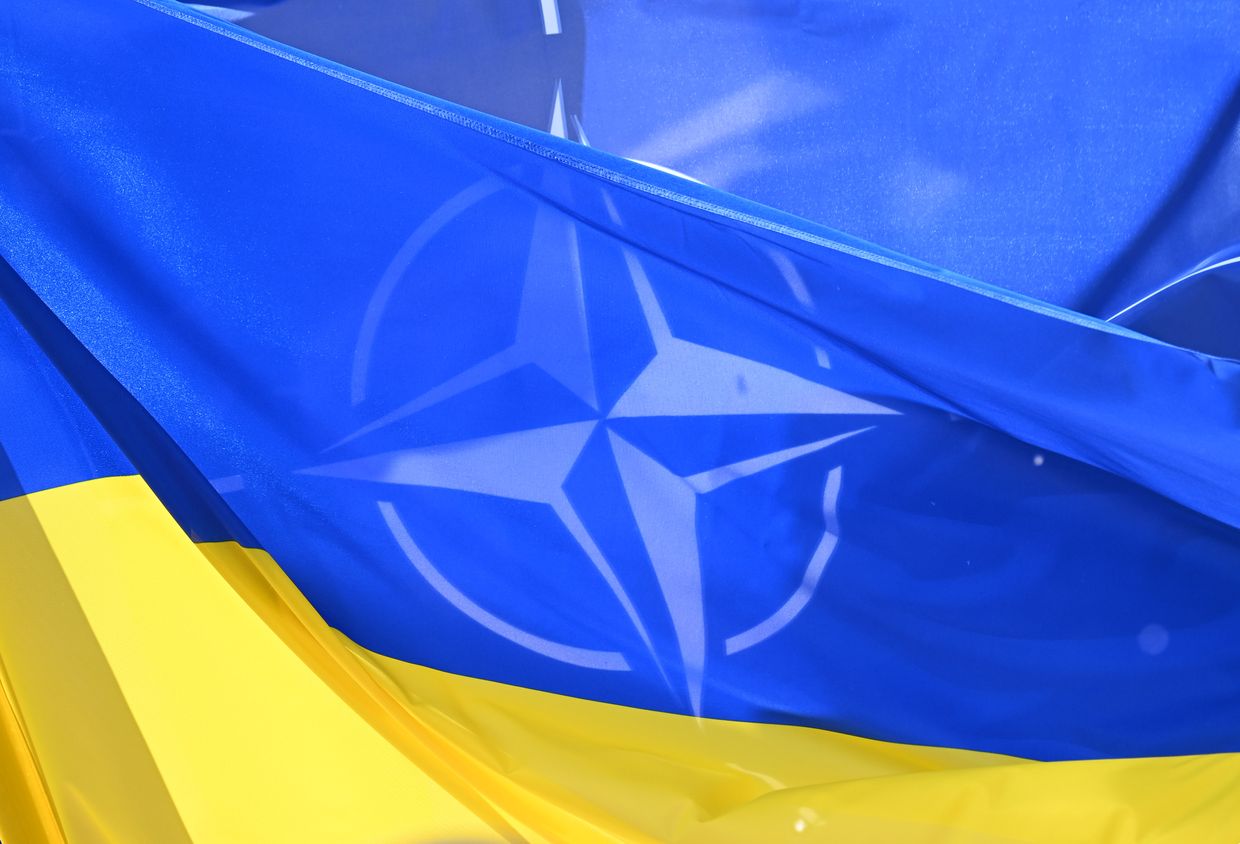Russia Ukraine War Escalates Amid NATO Expansion
The ongoing conflict has resulted in significant humanitarian and economic costs, with no clear end in sight. The international community's response to the crisis will be crucial in determining the outcome of the war and the future of regional security. As the situation continues to evolve, the world watches with bated breath, hoping for a peaceful resolution to the conflict.

NATO officials have rejected a Russian demand to halt the alliance's expansion, despite Moscow's warnings of a potential "new Cold War", as the conflict in Ukraine enters its 1,193rd day with intensified attacks and casualties on both sides.
The rejection comes as NATO prepares to welcome Sweden and Finland as new members, with accession talks set to begin in 2023. This development is seen as a significant shift in the regional security landscape, with Russia viewing the expansion as a threat to its national security. Meanwhile, the war in Ukraine continues to claim lives, with reports of Russian air attacks damaging homes in Sloviansk, Donetsk Oblast, and a child being killed in Dolynka village, Zaporizhia.
Ukraine's Air Force reported a significant escalation in Russian attacks, with 109 drones and 5 missiles launched, and 42 drones destroyed. The Ukrainian military also reported the capture of two villages, Vodolahy and Novopil, by Russian forces. In response to the increasing Russian troop buildup, Ukraine has ordered the evacuation of 11 villages in the Sumy region. Ukrainian President Volodymyr Zelenskyy stated that Russia is not serious about negotiations, further complicating the prospects for a peaceful resolution.
The international community continues to be involved in the conflict, with China criticizing French President Emmanuel Macron for comparing Ukraine's defense to Taiwan's protection. The US and Germany are also set to discuss the Russia-Ukraine war, with German Chancellor Friedrich Merz meeting with US President Donald Trump. As the conflict escalates, the UK has announced plans to build at least six new factories producing weapons and explosives, while Sweden has introduced new rules for foreign ships crossing its territorial waters due to "concerning incidents" in the Baltic Sea.